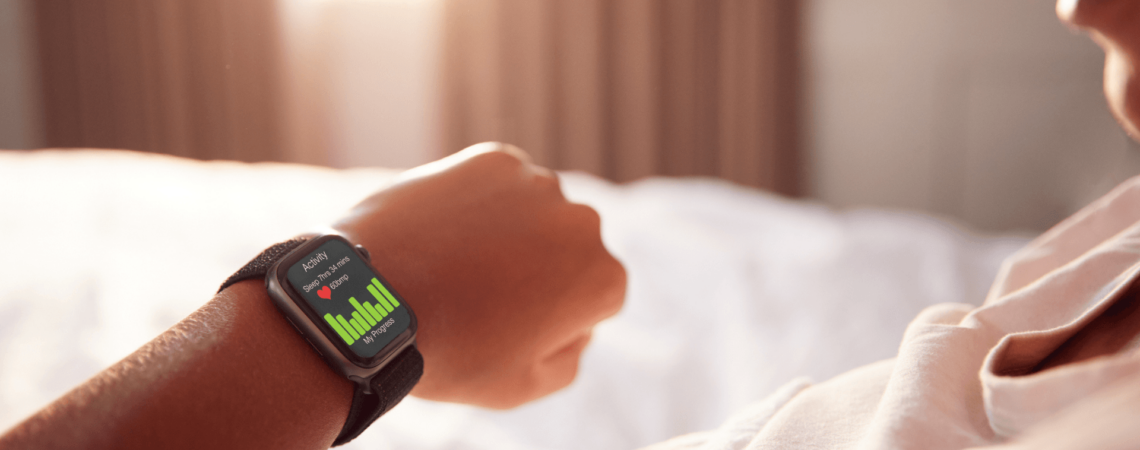
SHA Magazine Health & Beauty
Everything you need to know about sleep and the circadian rhythm
Disrupted sleep patterns are associated with several medical conditions, including hypertension, obesity and type 2 diabetes.
Getting the right amount of restful sleep every night is essential when it comes to enjoying an optimal state of health and well-being. To this end, it is important to know that the sleep-wakefulness cycle is regulated by the circadian rhythm, that is, by the biological changes that occur over a 24-hour cycle. As Vicente Mera, specialist in Sleep Medicine at SHA Wellness Clinic, explains, “the circadian rhythm is the oldest element of life shared by all living beings on the planet. Millions of years ago, primitive molecules began to join together in more complex organisms and, to protect themselves from ultraviolet radiation, they relegated certain functions to night-time. Thus, they defended themselves from the sun in the morning and regenerated at night. It is this same process that causes the body’s production of melatonin, the hormone that regulates our biological clock, to increase after dark and cease during the day”.
But the circadian rhythm isn’t unchangeable and it can be disturbed by different elements, such as light (natural or artificial), noise, physical exercise, diet, stress and the passage of time.
Individuals’ sleep habits are defined by their chronotype, which are the different variations of the circadian rhythm. As Dr. Mera tells us, “the preferences of night owls or early birds depend on many lifestyle factors, but they also have a genetic explanation. Technically known as delayed sleep phase syndrome, a genetic variant that up to 10% of the population has, is associated with a bedtime delay of 120-180 minutes. Having this anomaly is a disadvantage because night owls find it difficult to fall asleep, even if they try to go to bed early, and, if they do go to bed early, their sleep is fragmented. They often suffer from anxiety, depression, cardiovascular disease and diabetes. They also suffer from the consequences of a society accustomed to early working hours. You could say they have a kind of perpetual jet lag”. And what about you? Are a night owl or an early bird?
Click here to learn more about SHA’s Sleep Medicine Unit





